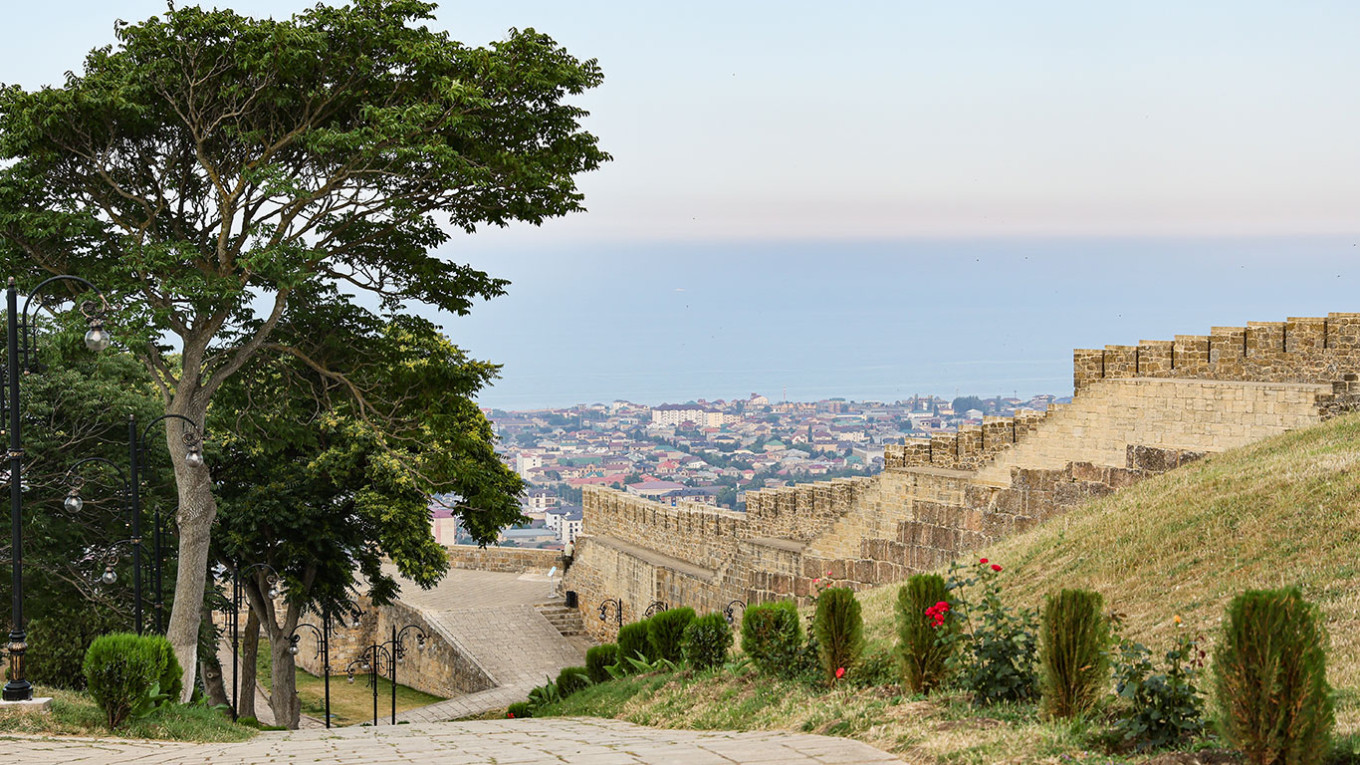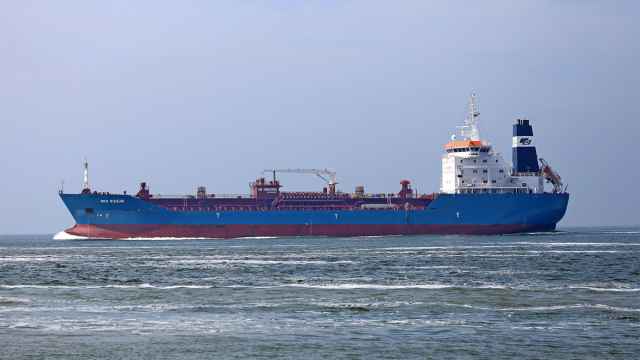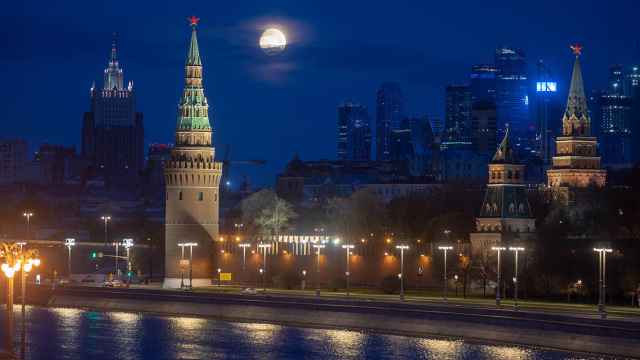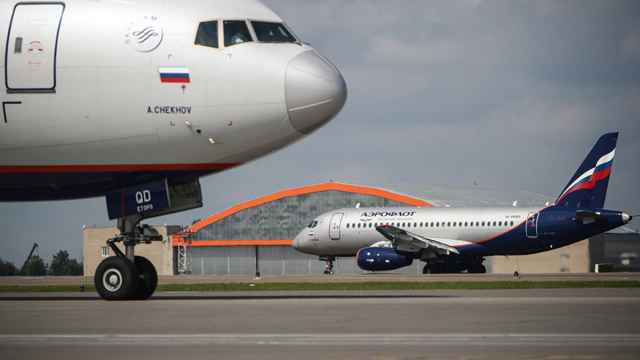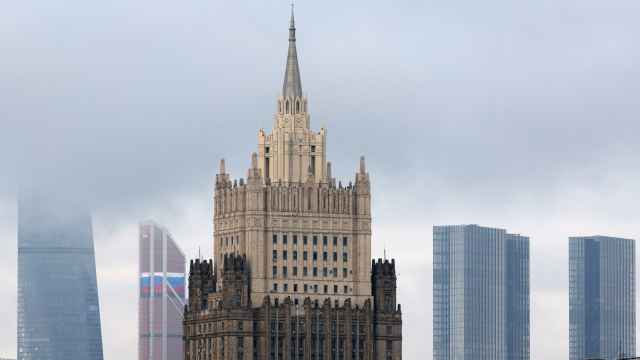Welcome to the latest edition of Regions Calling, a weekly newsletter by The Moscow Times bringing you insights and analysis on life and politics beyond Russia’s capital.
This week, MT’s Indigenous special correspondent Leyla Latypova explores how the latest hostilities in the Middle East have hit home for residents of Russia’s North Caucasus republic of Dagestan.
Subscribe here so you never miss an issue.
To many casual Russia watchers out there, it might seem that the recent military confrontation between Iran and Israel went unnoticed by most in Russia. That is, except for Kremlin elites, who were forced to carefully balance between the interests of the longtime friend that is Iran and their hopeful friends in the Trump administration. (You can read more about this peculiar geopolitical balancing act here.)
In actuality, residents of Russia’s Muslim-majority republics of the North Caucasus and the Volga region often pay just as much attention to developments in the Middle East as they do to their own country’s war in Ukraine.
High war losses and evidence of disproportionate mobilization from tightly knit Indigenous communities — including in Russia’s predominantly Muslim regions — means that many residents of Chechnya, Dagestan, Bashkortostan or Tatarstan know someone currently serving or killed on the front lines in Ukraine.
But while these republics may have fewer immediate connections to the ongoing war in Gaza, the conflict in the Middle East feels no less personal.
Let’s take the North Caucasus republic of Dagestan, where the conflict between Israel and Palestine is seen as “not just an interstate conflict, but a conflict of faith,” according to indigenous rights and feminist activist Zarema Gasanova.
Gasanova is an Avar, one of Dagestan’s ethnic groups. She said she believes that most in her native republic “fully support” Palestine and “feel sorrow, solidarity and indignation over what is happening to the Palestinian people.”
So when Iran retaliated against an Israeli attack on its nuclear and defense facilities on June 14, some perceived it as a long-awaited punishment for Israel’s actions in the Gaza Strip.
“Iran did not become an object of sympathy. It never really was,” Gasanova explained, noting that Dagestan’s Sunni-majority society feels only a shallow spiritual connection to Shia-majority Iran.
“But the fact that Israel faced at least some degree of resistance from outside — that gave people… a bit of hope that help might eventually come to the Palestinians,” the activist told me.
Residents of Dagestan, an ethnically diverse Muslim-majority region on the shores of the Caspian Sea, have been vocal in their support for Palestine since the early days of the war in Gaza, which Israel launched in response to the Hamas massacre of Oct. 7, 2023.
In the nearly two years since the Israel-Hamas war began, Dagestanis sent more than 200 tons of humanitarian aid to the besieged Gaza Strip and welcomed several hundred Palestinian refugees, who were equally amazed by their hospitality and disappointed with the local government’s dysfunction.
Conversely, though Russia’s Jewish autonomous region is the only other Jewish jurisdiction in the world apart from Israel, the number of ethnic Jews living there has shrunk to 837 as of the 2021 census and there has not been a significant show of support for Israel there.
Dagestan was also not immune to the spillover of global anger from the Israel-Hamas war.
In October 2023, a mob of as many as 1,200 local young men stormed the airport in Dagestan’s capital of Makhachkala, seeking to attack Jews and Israelis rumored to have arrived on a flight from Tel Aviv. Elsewhere in the city, crowds gathered for an anti-Israeli rally.
Officials said the attack resulted in 24 million rubles ($306,500) worth of damage and left 23 people injured. More than 140 people were arrested, 110 of whom have since been sentenced to prison terms of up to 10.5 years.
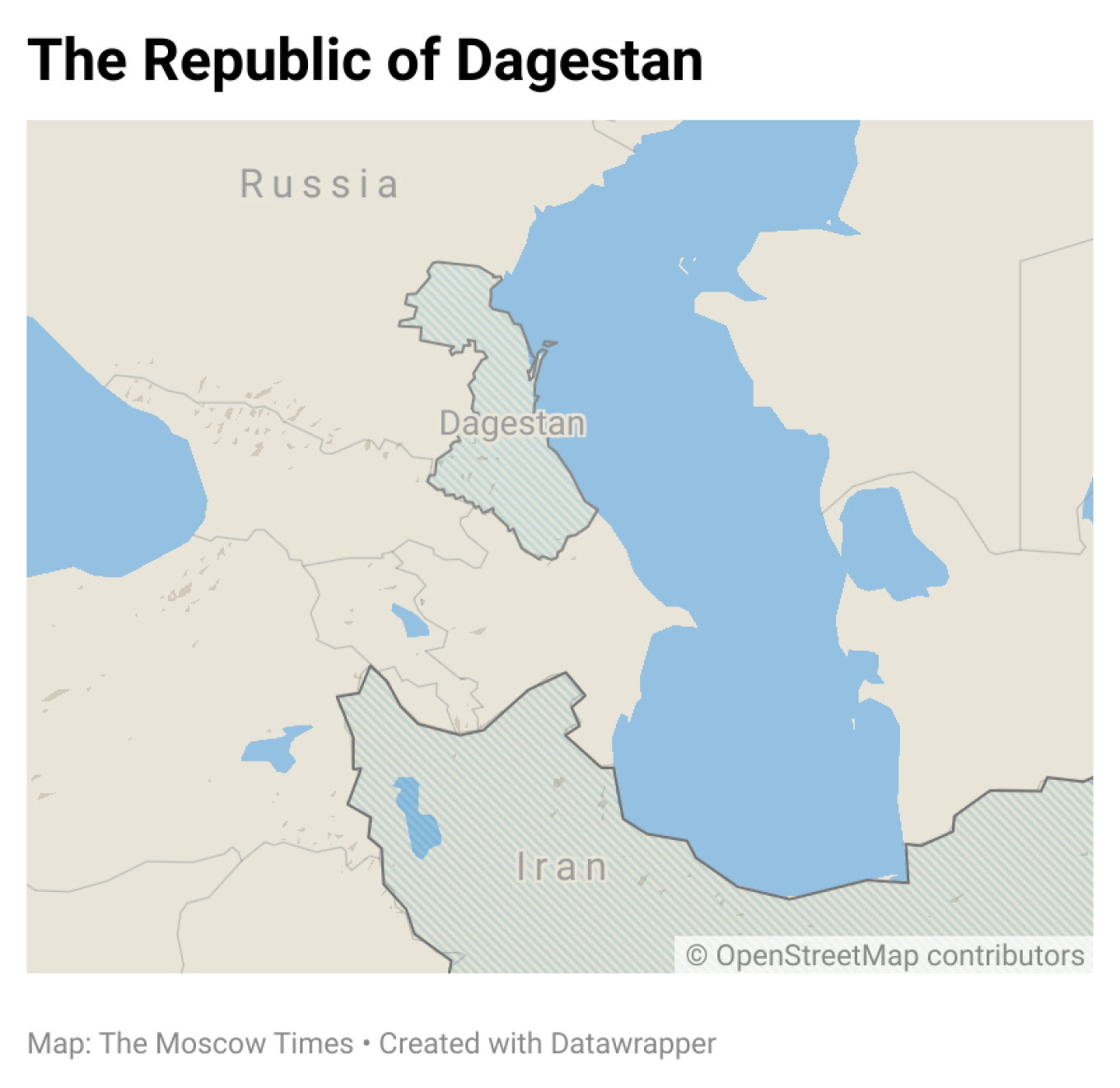
The attack and its aftermath have split public opinion in Dagestan and its neighboring republics. While some felt sympathetic toward the rioters, others felt that their actions helped fuel global Islamophobia.
“The reaction to what has happened in Dagestan was mostly one of not understanding what ordinary Jews have to do with anything [going on],” Chechen historian Muslim Ediev told me in the wake of the airport storming.
“I understand why Dagestanis are outraged, but they also need to realize that there are Jews who speak out against this mayhem and violation of the rights of Palestinians,” he added.
Nearly two years later, this month’s U.S. strikes on Iranian nuclear facilities has risked making the conflict in the relatively faraway Middle East even more personal for millions of Dagestanis.
Reported damage to Iran’s Natanz uranium enrichment facility sparked concerns that possible radioactive contamination could reach the region sharing a border with Azerbaijan, prompting Russian officials to launch round-the-clock radiation monitoring in Dagestan.
Yet news of the possible arrival of radioactive plumes doesn’t appear to have caused widespread panic in Dagestan.
“People are trying to raise awareness about [the possible danger] through videos [on social media] and such, but there aren’t really any major disturbances. People are staying calm, even showing a bit of irony and humor,” said activist Gasanova.
In the comments under a viral Instagram Reel posted by the popular local news blog budushee.derbenta, hundreds of ordinary Dagestanis used the news of possible radioactive contamination to blow off steam and joke about an array of more pressing issues they face while living in one of Russia’s poorest and most underdeveloped regions.
“Well, at least electricity outages won’t matter anymore, we will all be glowing,” user 9tommy0 wrote, referring to the republic’s frequent electricity disruptions.
“We are not even prepared for ordinary winds and rainfall, what are you talking about?” said user fatakhova, hinting at the frequent floods that Dagestan’s major cities and villages experience after a rainfall.
But beneath this humor lies the understanding that if radiation were to reach Dagestan, locals are unlikely to receive necessary support from Moscow, which sees the region as of little importance, Gasanova warned me.
“People fully understand that…they will have to face the consequences alone,” she said.
A Message from The Moscow Times:
Dear readers,
We are facing unprecedented challenges. Russia's Prosecutor General's Office has designated The Moscow Times as an "undesirable" organization, criminalizing our work and putting our staff at risk of prosecution. This follows our earlier unjust labeling as a "foreign agent."
These actions are direct attempts to silence independent journalism in Russia. The authorities claim our work "discredits the decisions of the Russian leadership." We see things differently: we strive to provide accurate, unbiased reporting on Russia.
We, the journalists of The Moscow Times, refuse to be silenced. But to continue our work, we need your help.
Your support, no matter how small, makes a world of difference. If you can, please support us monthly starting from just $2. It's quick to set up, and every contribution makes a significant impact.
By supporting The Moscow Times, you're defending open, independent journalism in the face of repression. Thank you for standing with us.
Remind me later.



